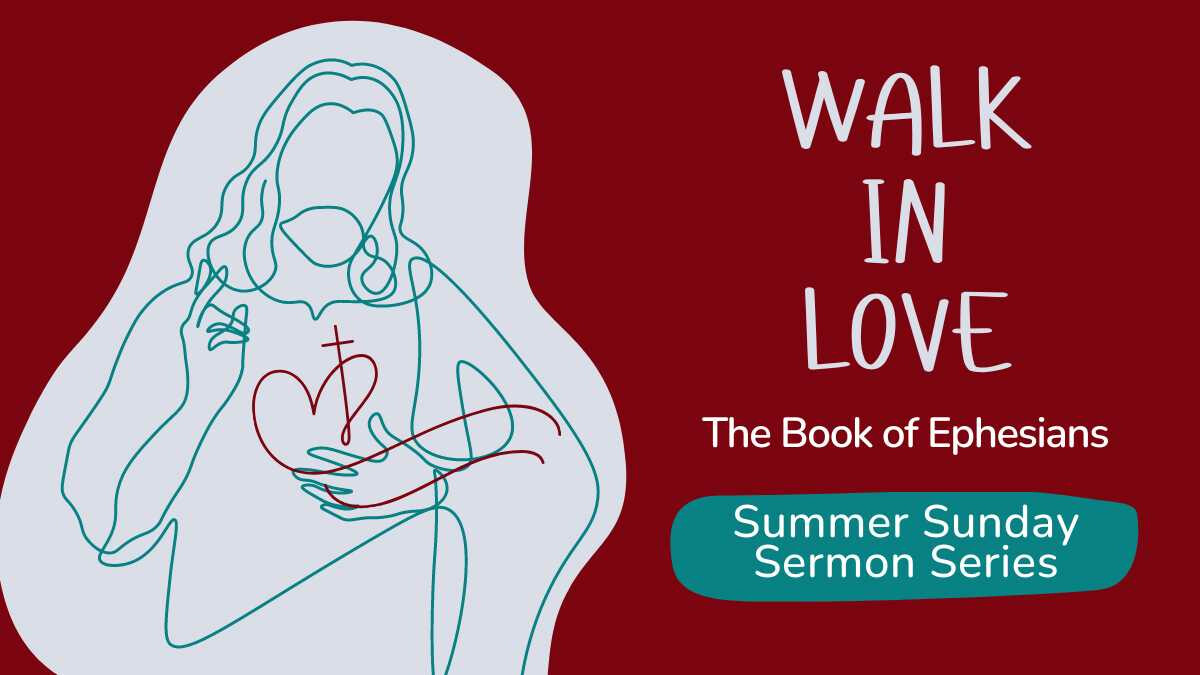
Day 21
“For this reason I, Paul, the prisoner of Christ Jesus for the sake of you Gentiles— if indeed you have heard of the stewardship of God’s grace which was given to me for you; that by revelation there was made known to me the mystery, as I wrote before in brief.” Ephesians 3:1-3
A Prisoner of Christ
Paul went to prison because of his preaching about Jesus. However, the most offensive aspect of Paul’s preaching involved his inclusion of Gentiles as full members into the church, without requiring a conversion to the practice of Judaism. From the first Gentile converts, tension began to overshadow the growth of the church. Concerns over the conversion of Samaritans in Acts chapter 8 and concerns about the conversion of the Roman Centurion, Cornelius, in Acts 10, pulled the church into a contentious debate. The church grappled with the concept that Gentiles, with no knowledge of Judaism and with none of the Jewish traditions for clothing, diet, ceremony, or culture, could be completely welcomed into the family of God. Acts 15 records the formal debate by the church’s leadership. Peter, Paul, Barnabas, James, and other church leaders met to discuss the Christian approach to the inclusion of Gentiles into the church. Ironically, Christian converts among the sect of Pharisees launched the disputation. The legalism of the Pharisees as found in the Gospels now immerged inside the Christian church. But some of the sect of the Pharisees who had believed stood up, saying, “It is necessary to circumcise them and to direct them to observe the Law of Moses.” (Acts 15:5) The apostles presented their case to the entire gathering. The leadership of the church concluded that it was unnecessary for Gentiles to observe the Law of Moses or to require circumcision. Though the church had formerly spoken on the issue, that was not the end of the dispute. The New Testament letters reflect an ongoing battle in the churches many years later. Paul told the Philippian church to beware of the dogs, beware of the evil workers, beware of the false circumcision; for we are the true circumcision, who worship in the Spirit of God and glory in Christ Jesus and put no confidence in the flesh. (Philippians 3:2-3) The false circumcision theology Paul addressed to the Philippian church went all the way back to the dispute in Acts 15. Some Jewish Christians believed a conversion to Christianity included a conversion to Judaism. Paul’s resistance to this theology put him at odds with the Judaizers in the church and the staunch Jews outside of the church.
When Paul visited Jerusalem, after his third missionary journey, the controversy erupted. Paul brought some Gentile Christians with him, and the rumor began that he had violated the Jewish Law by bringing them beyond the Soreq, the wall that separated the Gentile area from the court of Jewish women. Though the rumor was false, decades of frustration with the Christian inclusion of Gentiles spilled over. A riot broke out, and Roman authorities took Paul into custody. He remained in Roman custody for years, though his own appeal to the emperor extended his imprisonment dramatically. (Acts 26:30-32) When the Gentile churches heard of Paul’s arrest, especially the reason for his arrest, they felt terrible. He went to prison defending the theological truth that faith in Christ gave equal access to God for both Jews and Gentiles. While giving detailed theological truths, this letter now turns very personal. “Paul, the prisoner of Christ Jesus, for the sake of you Gentiles.” The imprisonment was not under Roman authority, but under the authority of Christ. Christ had directed Paul’s ministry and message. Christ allowed Paul to be arrested. Christ directed the appeal process, the journey to Rome, the house arrest in Rome, the exchange of letters with churches, and the ultimate conclusion to the entire legal matter between Paul and Roman officials. Rome had a prisoner, but Christ was the real authority. The primary cause for all of this was the surprising message that Jews and Gentiles are one in Christ. Christ sent Paul to a Roman prison as a demonstration that this message was worth laying down a life. Christ showed Paul grace so that he could disclose the plan of God to the Gentiles. The rest of this chapter expounds on this theme. Paul was uniquely set apart to deliver this message to the Gentiles. The Gentiles believed and were now brought into full membership and citizenship with the Jews in the covenant relationship with God. This message led to Paul’s arrest and trials, all under the sovereign will and plan of Jesus Christ. The Gospel received by the Gentiles was worthy of prison and even death.
And here we are, 2000 years later, in a mostly Gentile church with faith in the Jewish Messiah. In part, our faith comes through the ministry and writings of the apostle for the Gentiles. This message is so precious, so beautiful, so powerful, and so absolutely necessary that Paul died sharing it. May we never lose the wonder of it all.
Suggested Prayer: God, You saved Jews and Gentiles through faith in Christ. You brought me into this family. Thank You for Your good news of salvation. Thank You for sending faithful servants of Your word, those sent by You to proclaim to the lost world about the kindness that is ours in Christ. We praise You for Your marvelous plan.



Login To Leave Comment